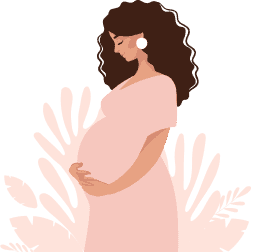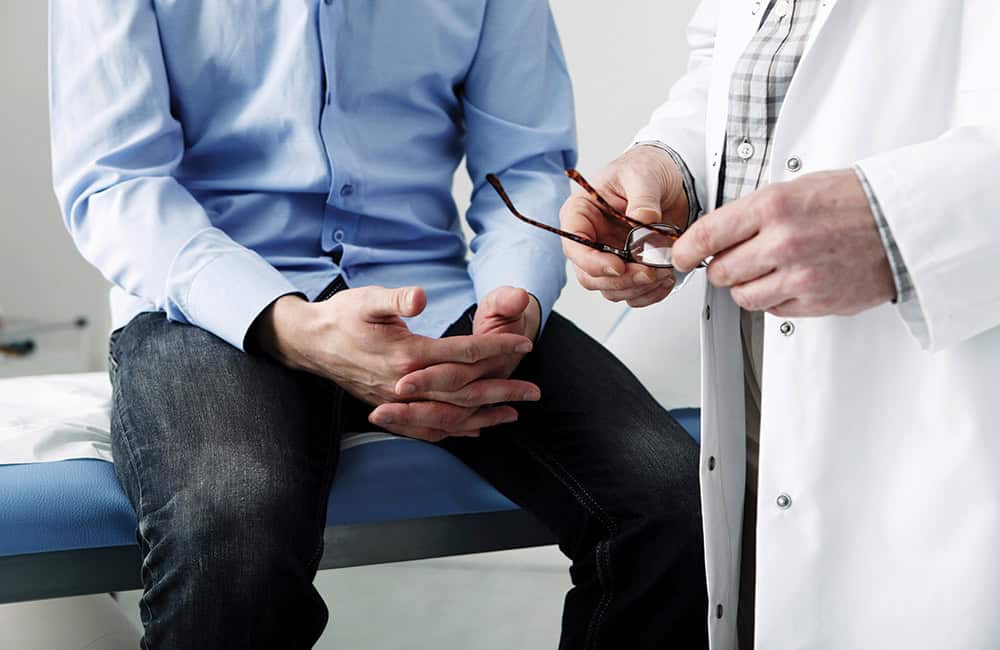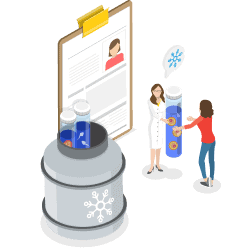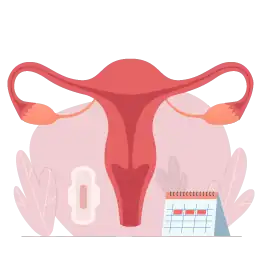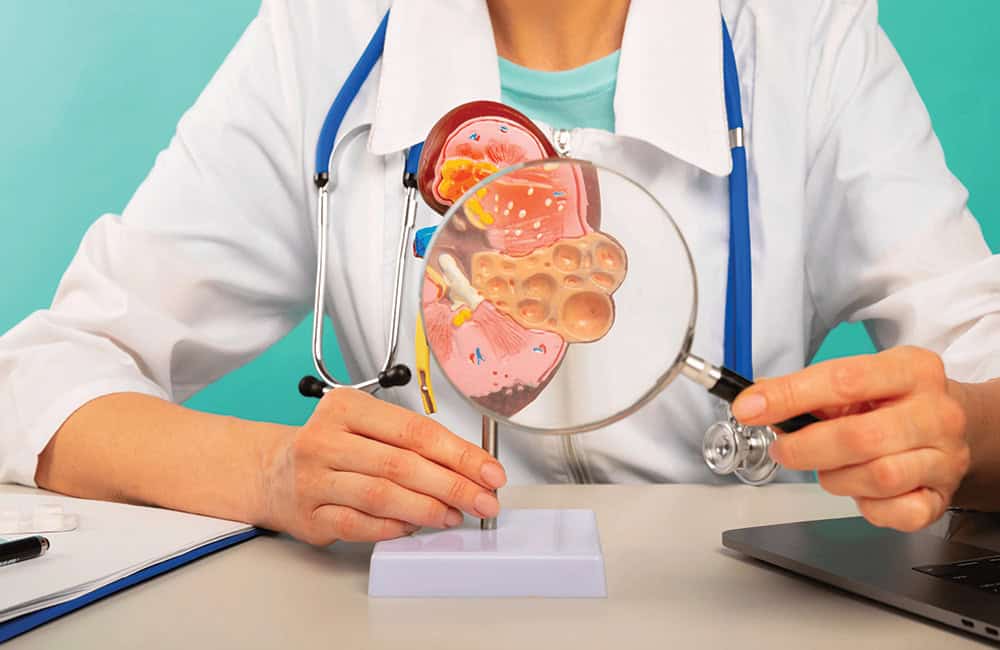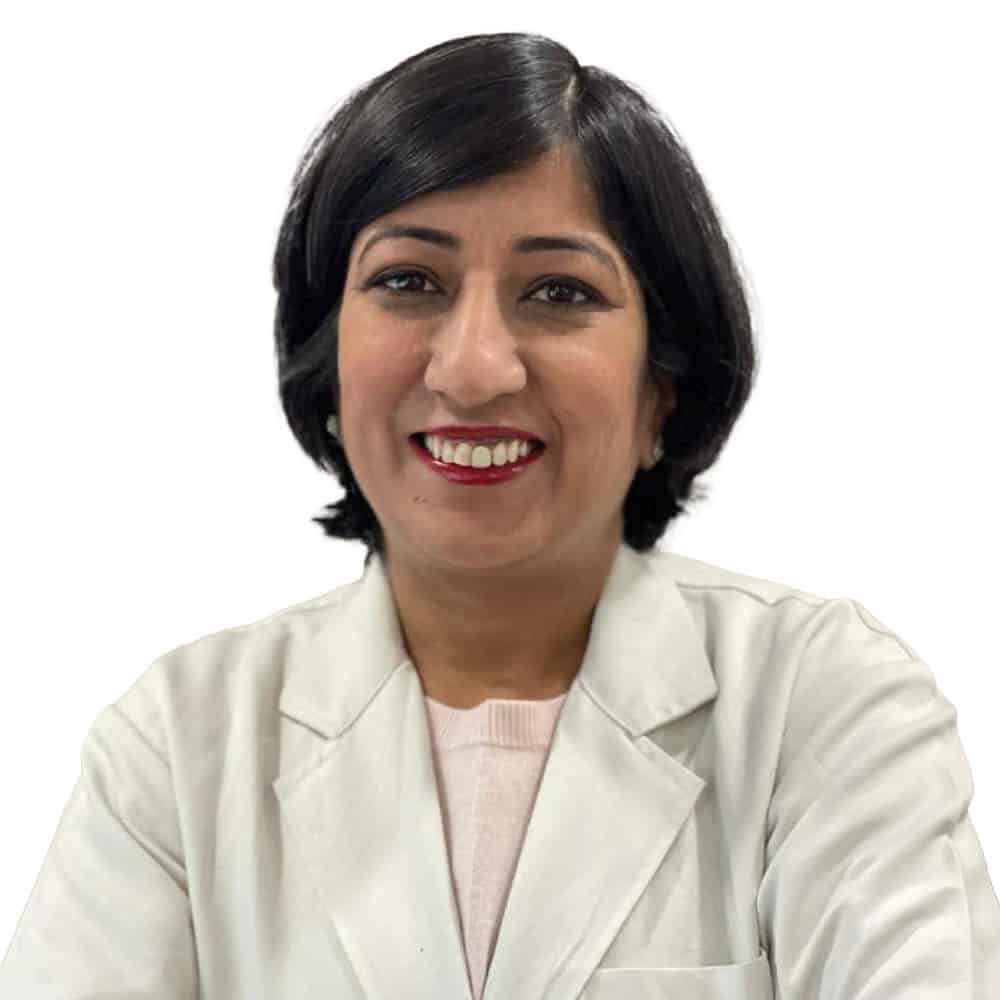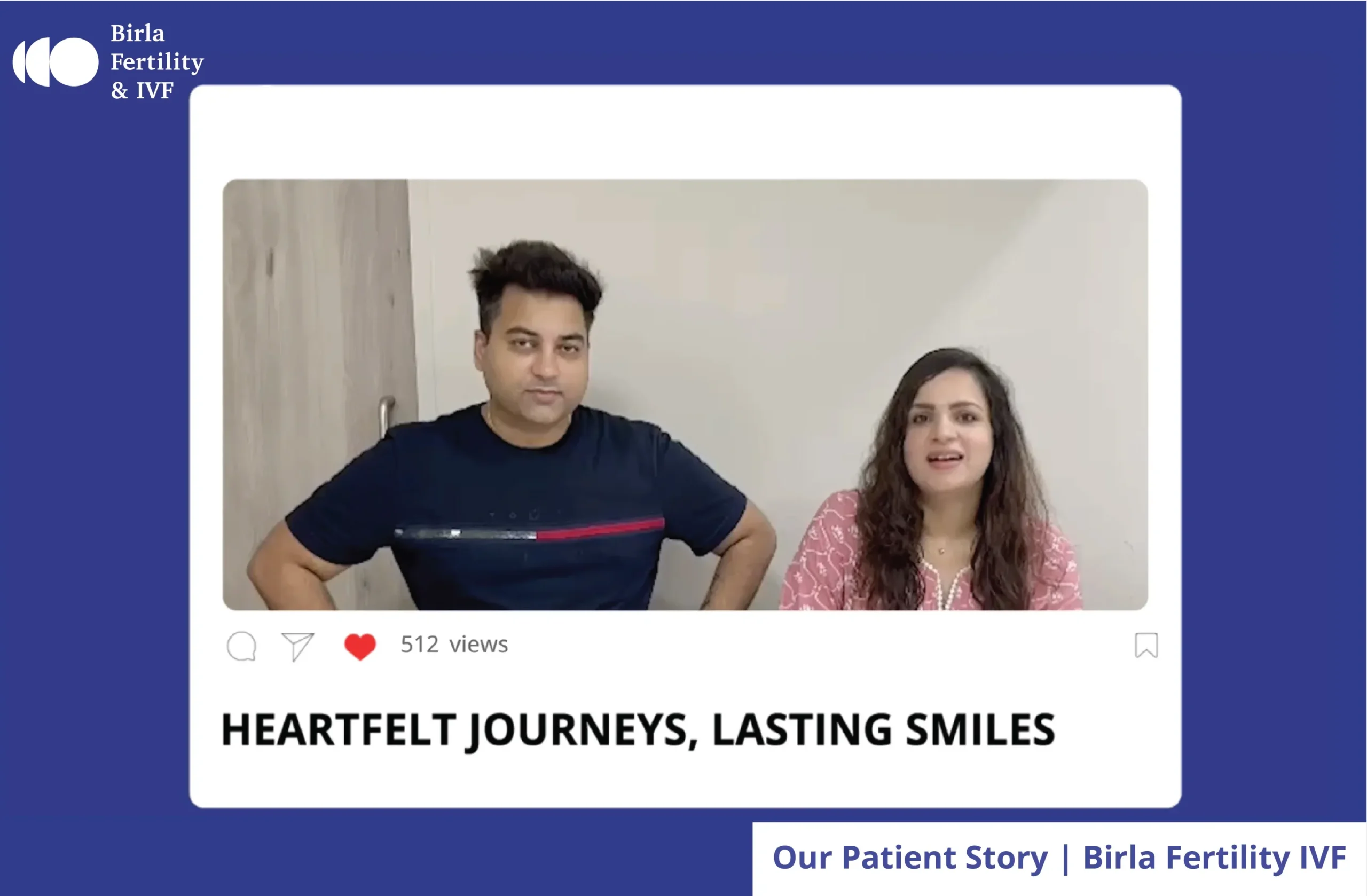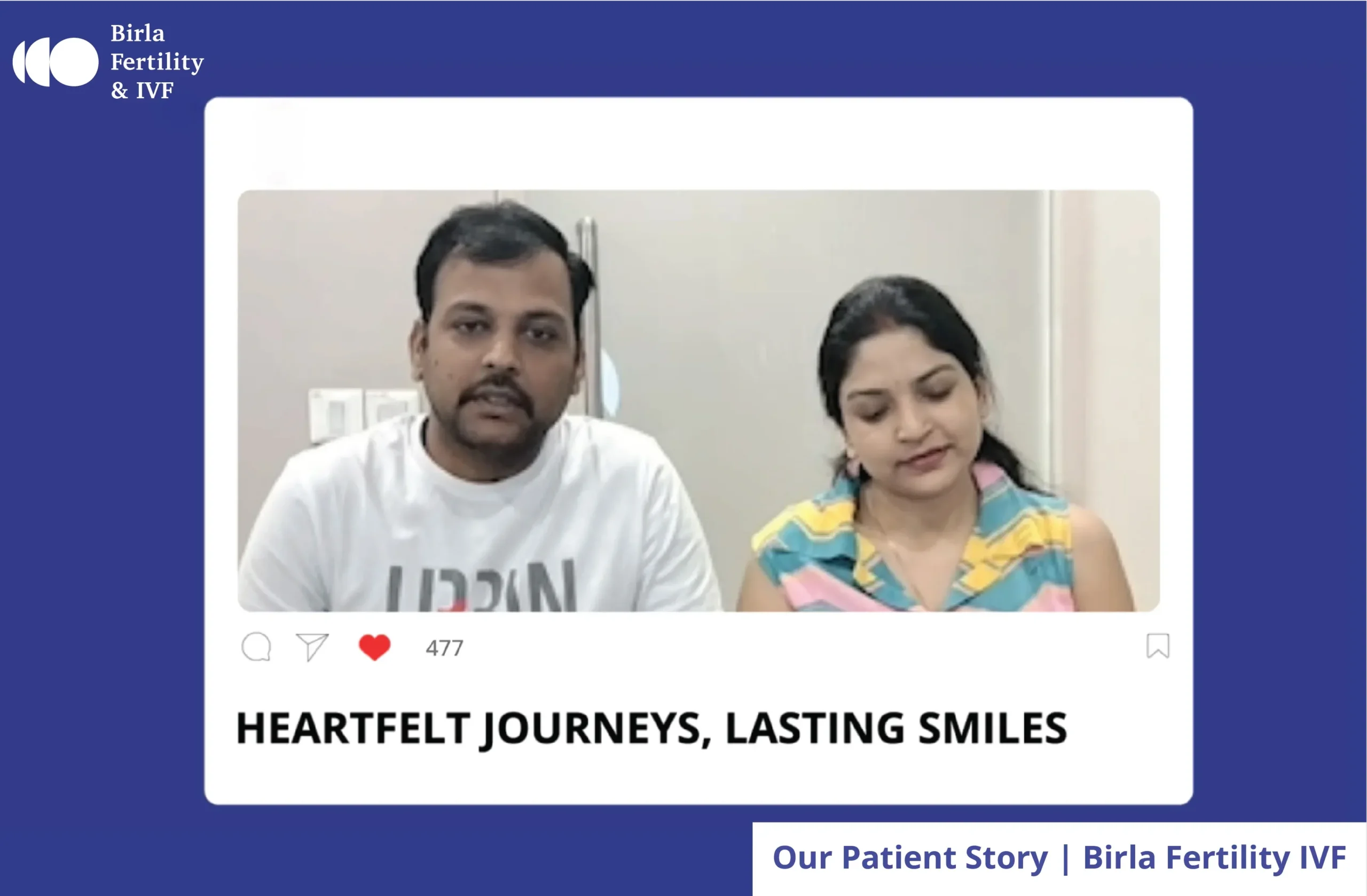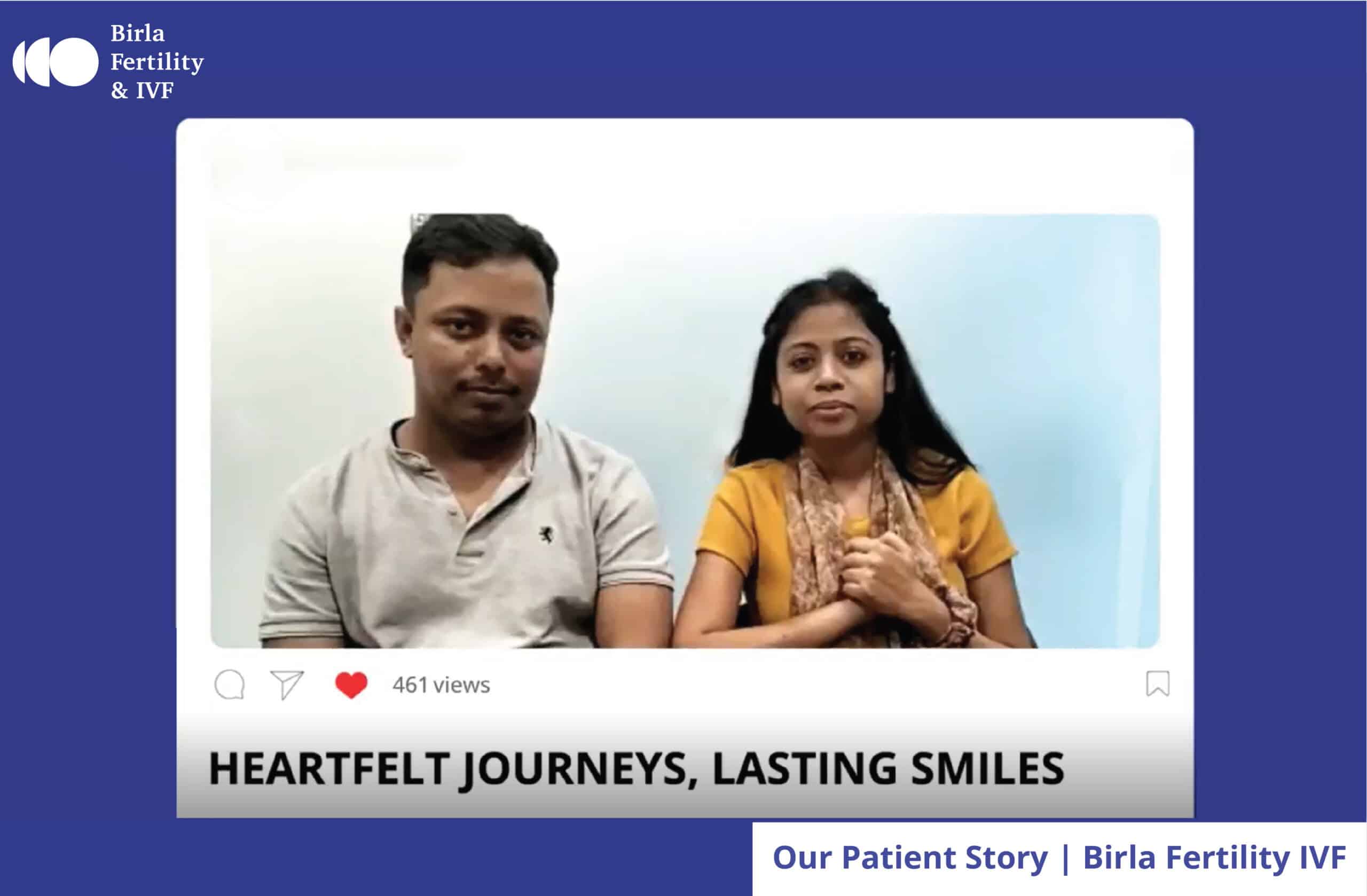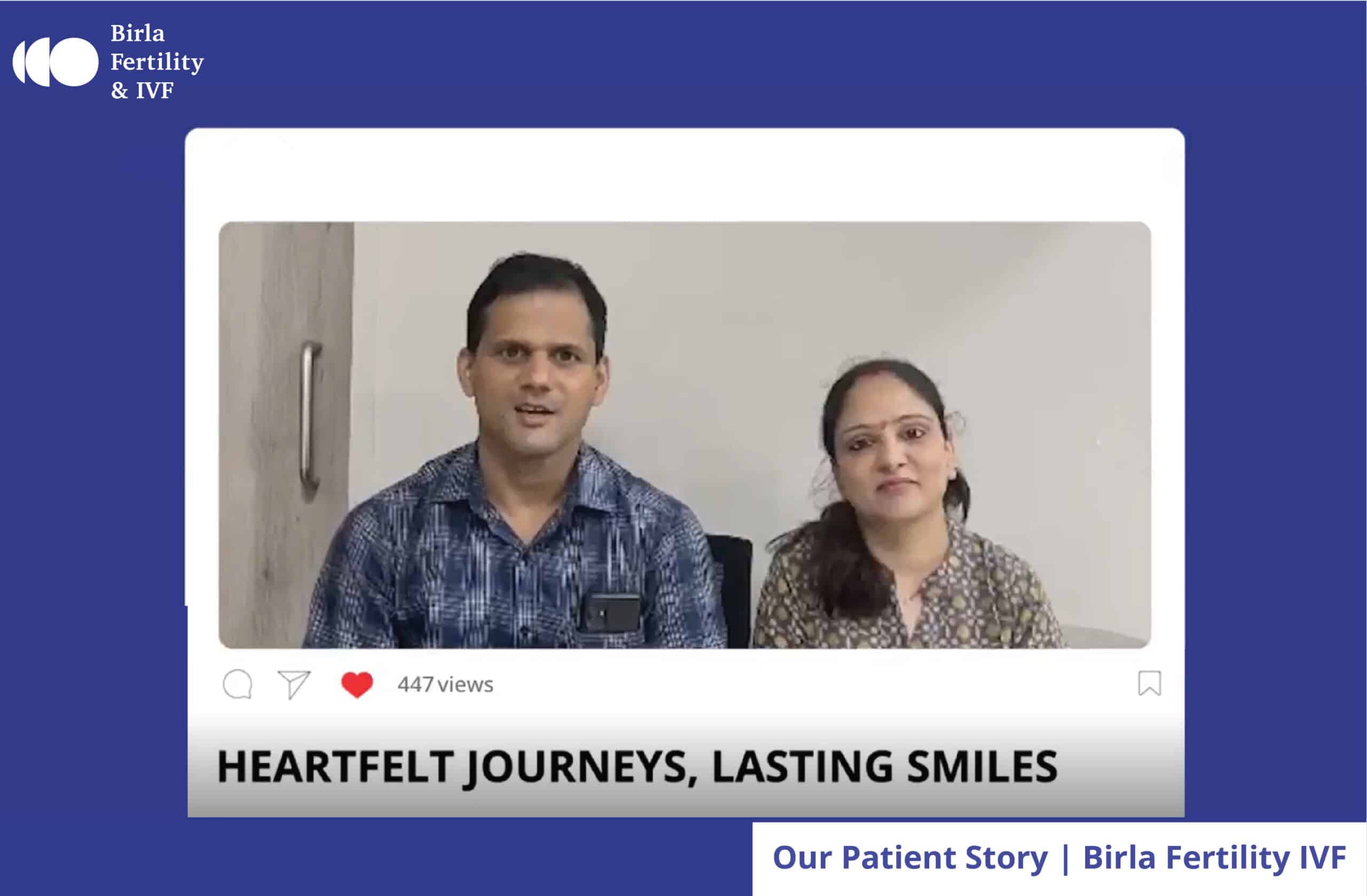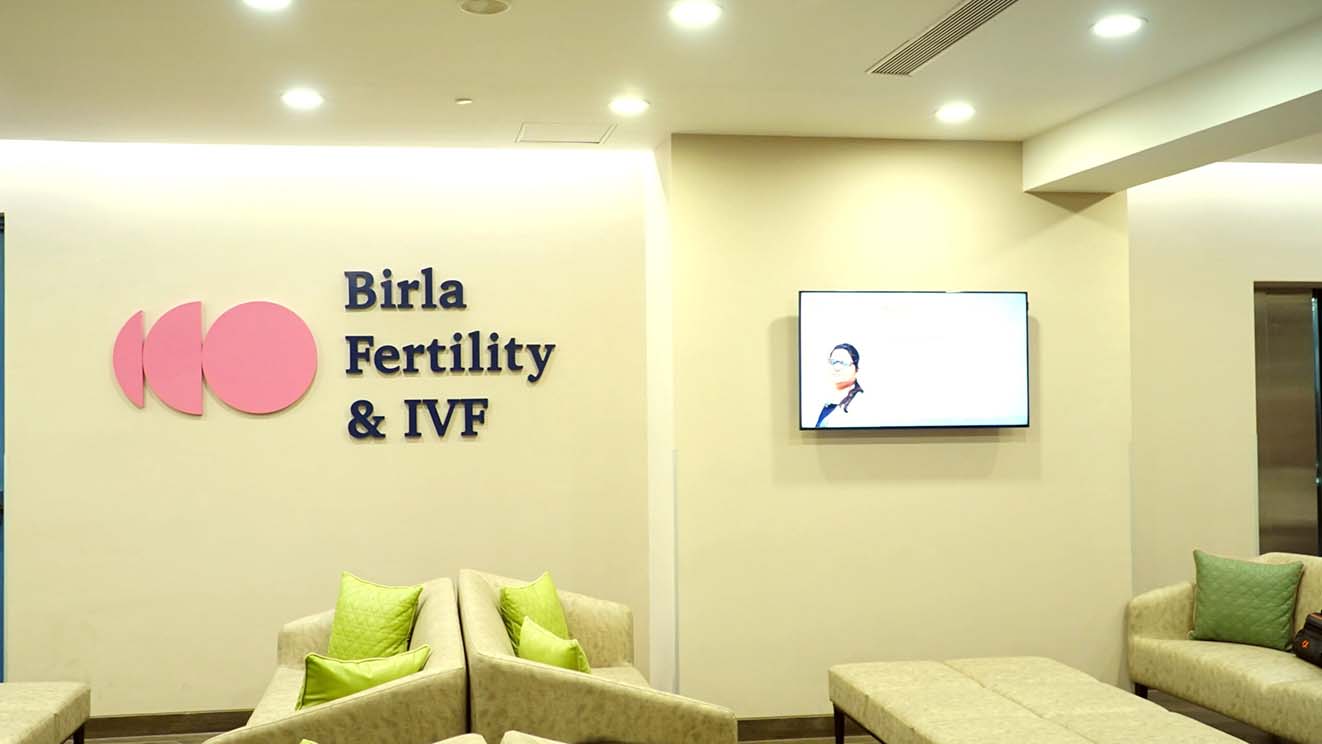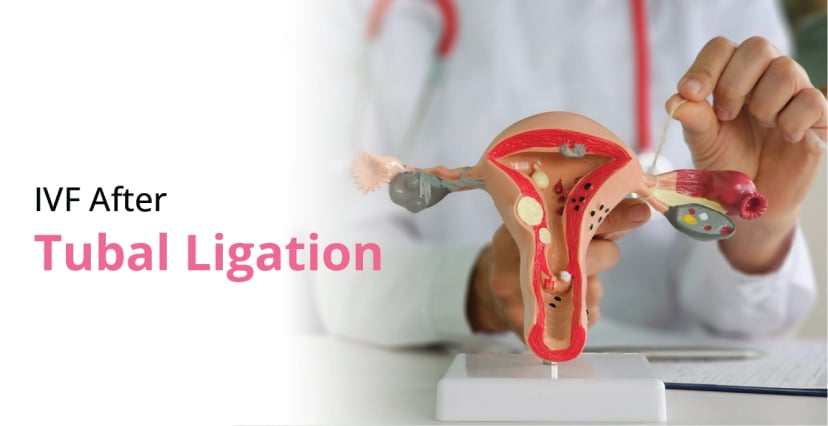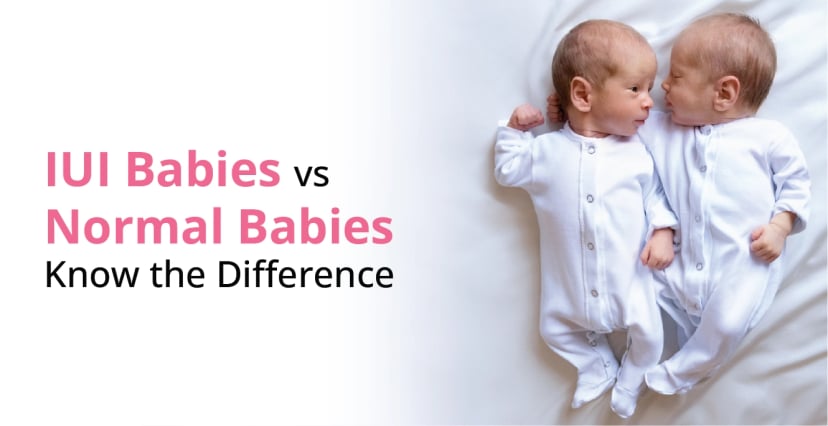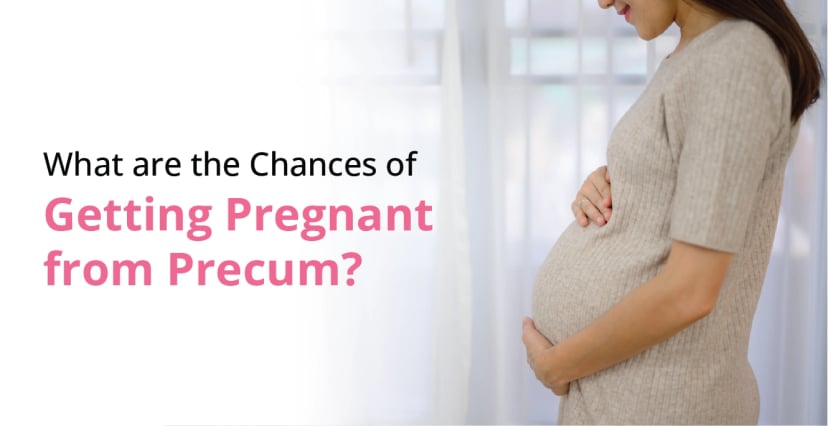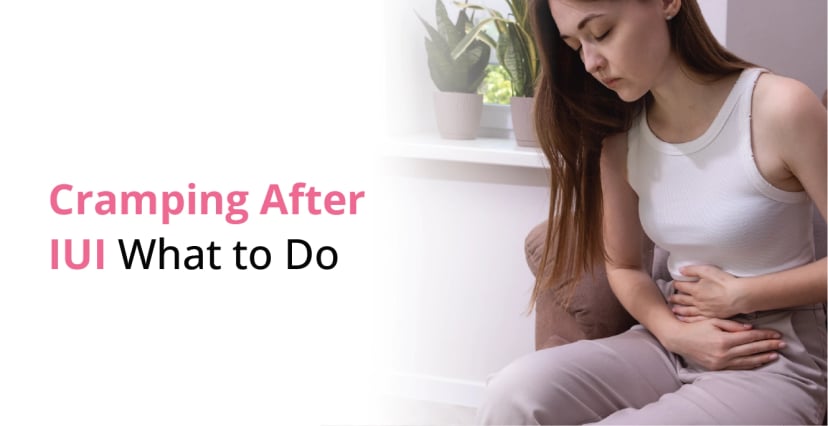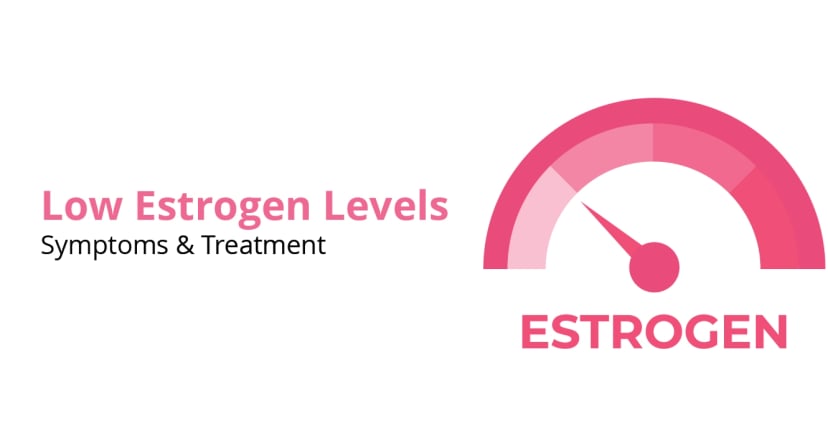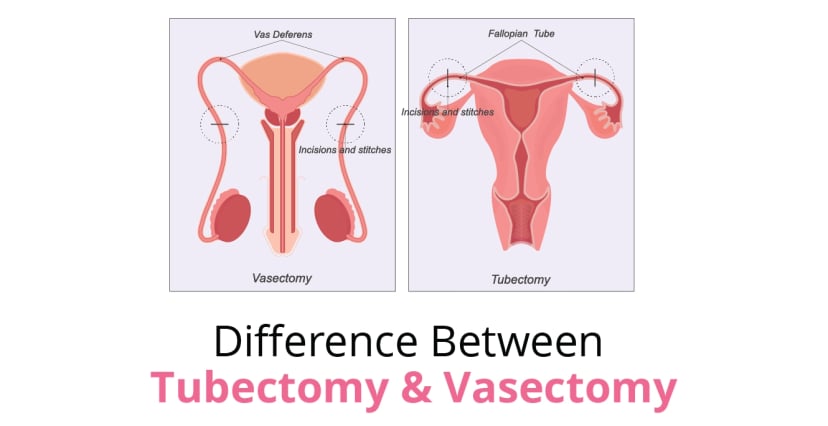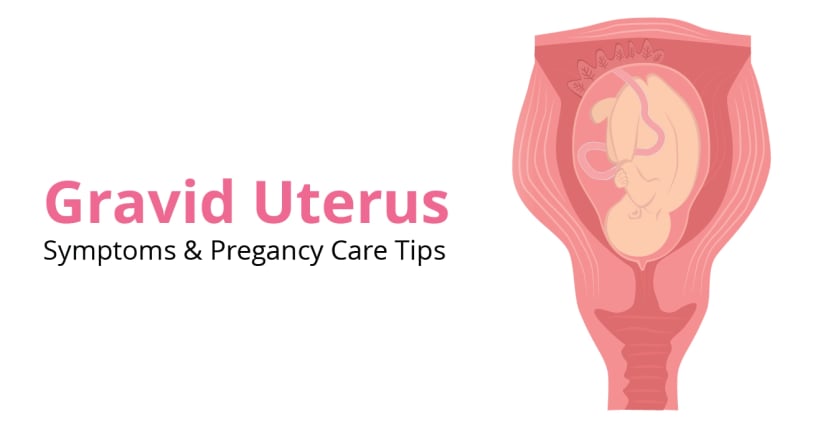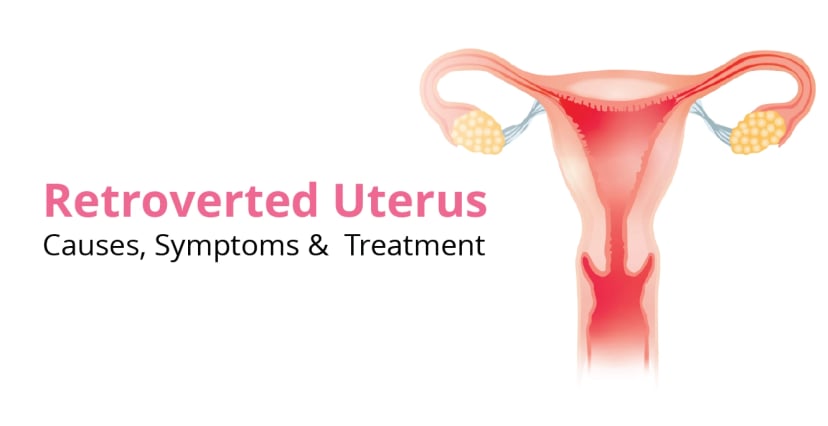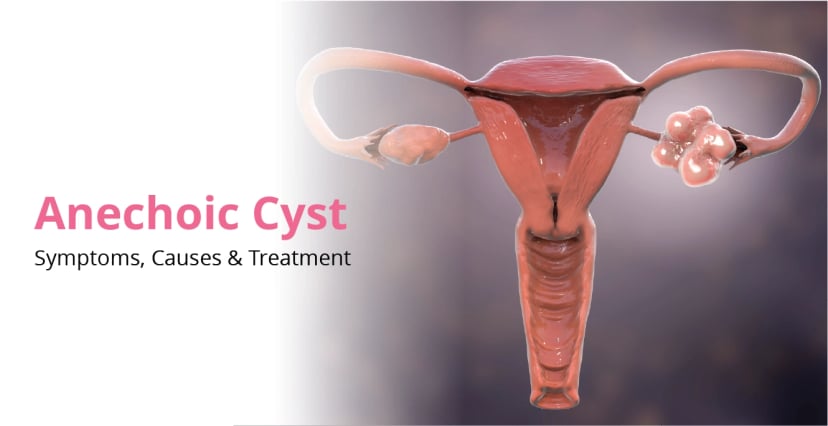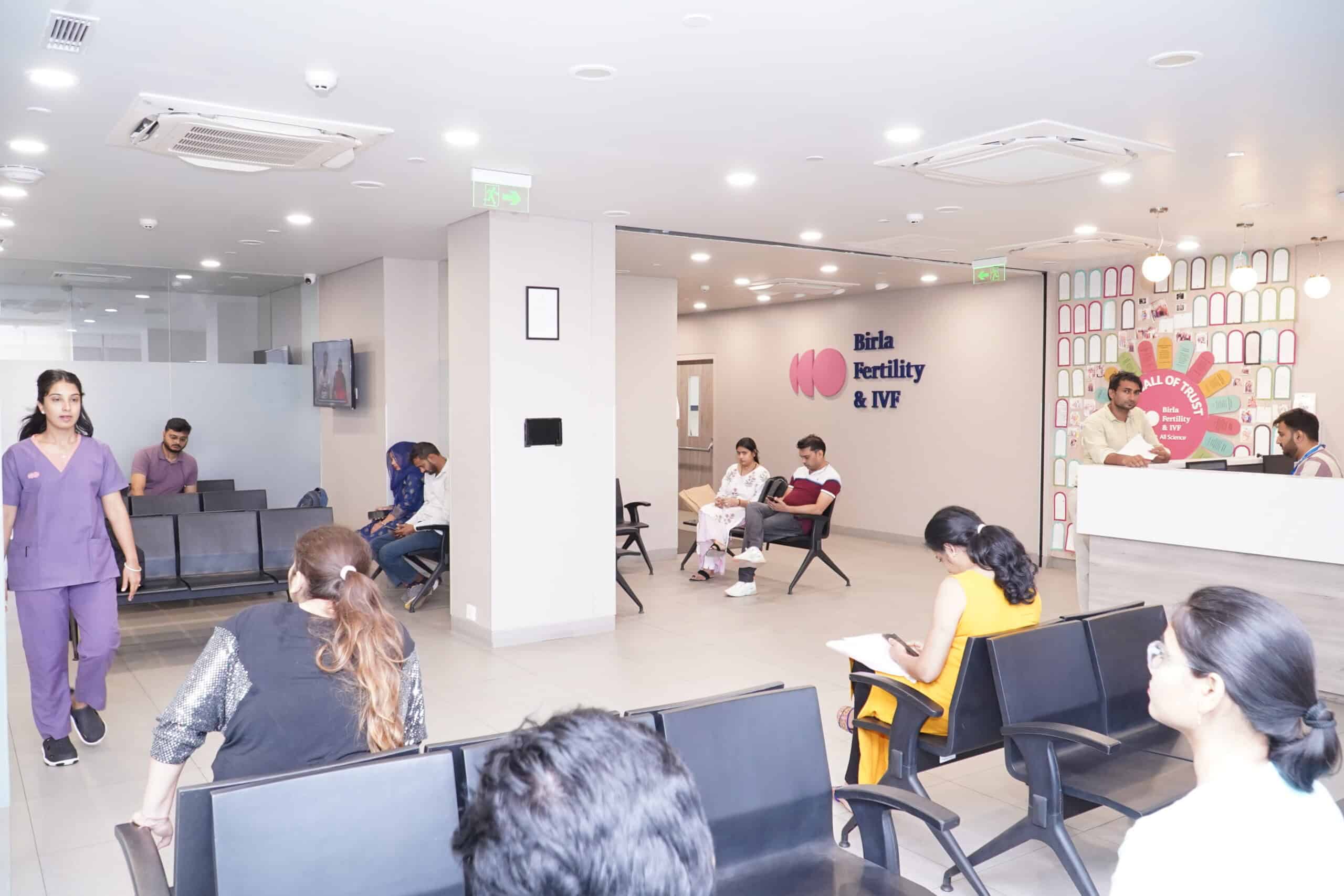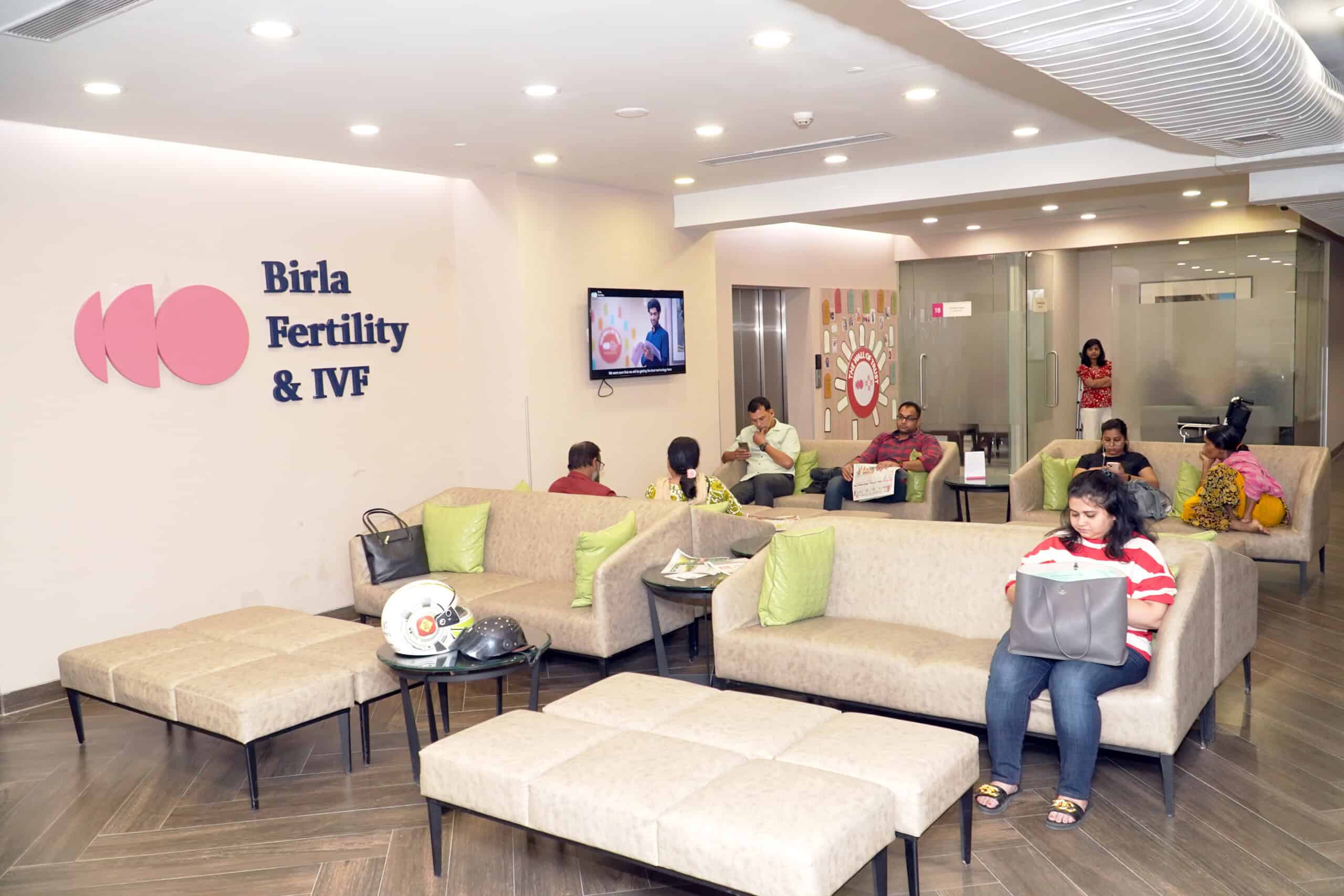0+
Cycle
Experience
0+
Fertility
Experts
0+
Clinics
across India
Services we offer
We offer comprehensive fertility treatments and tests, counseling, and donor services under one roof.
Why Choose Us
Choosing the right fertility clinic is crucial for starting your family. At Birla Fertility & IVF, we offer personalised care with expert specialists guiding you every step of the way. Our advanced labs and outstanding success rates have helped over 2,30,000 patients achieve their dream of parenthood.
Talk to our fertility experts
Find India's leading fertility experts at a location near you

Articles and Blogs
Awards and Recognitions
About Birla Fertility & IVF
Birla Fertility & IVF is a part of the CKA Birla Group, a US $3.0 billion conglomerate with over 158 years of legacy and more than 50 years of excellence in healthcare. As one of India’s top 3 IVF chains, we offer comprehensive fertility services under one roof, supported by a team of 120 leading fertility specialists. Our commitment to excellence focuses on optimizing fertility health to enhance pregnancy success rates for couples and individuals. Our state-of-the-art fertility labs are equipped with the latest medical technology and equipment, ensuring clinically reliable results. Choose Birla Fertility & IVF, your trusted partner in journey to parenthood.

 Our Centers
Our Centers







